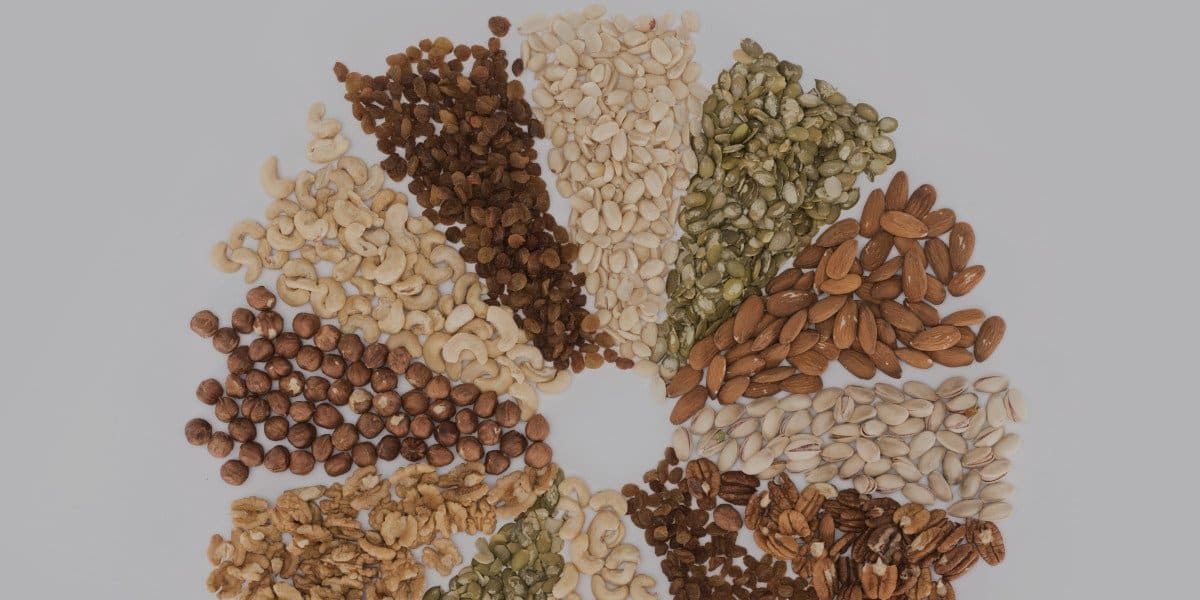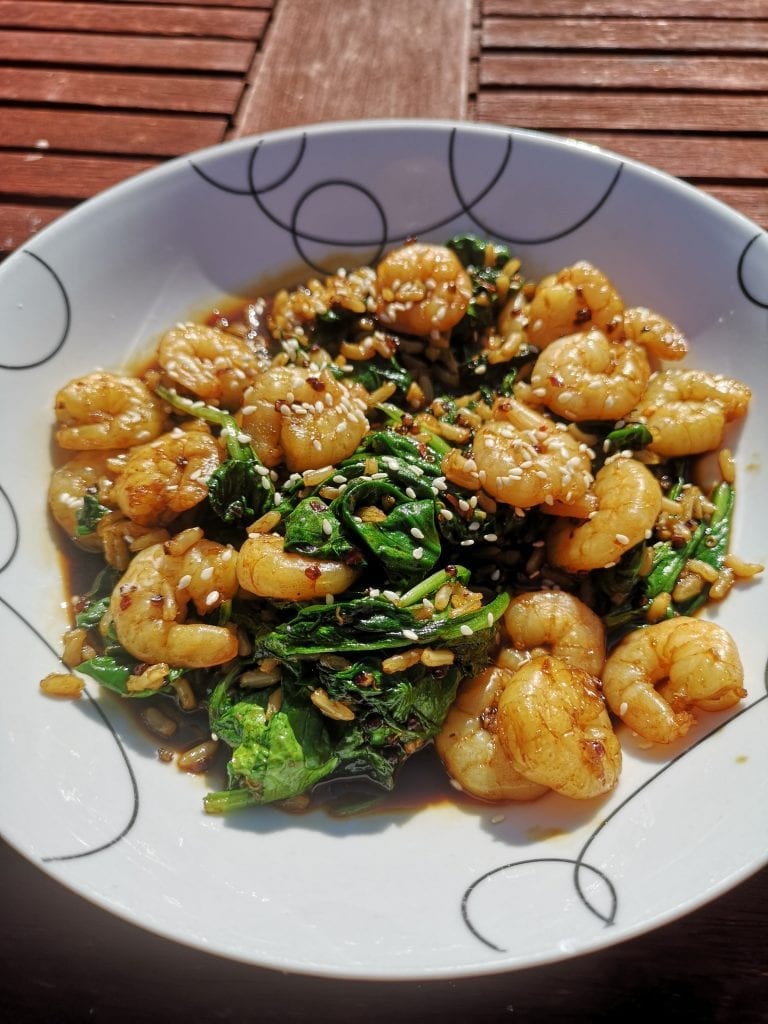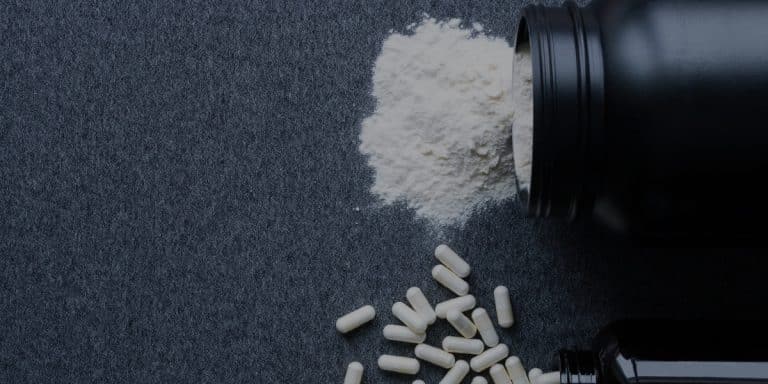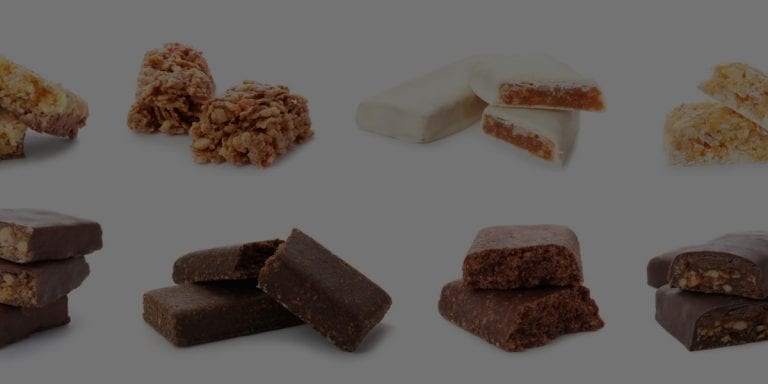5 Healthy Seeds And Why You Should Eat Them
There is a very simple reason that seeds are so healthy and perfect for regular inclusion in your diet – they contain all the materials needed to create strong, healthy plants, and these happen to be the same things that we have evolved to need to be our best selves.
They are incredibly nutritionally beneficial.
For the most part, seeds tend to be great sources of dietary fibre, contain plenty of healthy monounsaturated fats, polyunsaturated fats and many important vitamins, minerals and antioxidants. As part of a balanced diet, they can contribute to reduced blood sugar levels, lowered cholesterol, and healthy blood pressure.
Not all seeds are created equally, of course, and today we’ll be looking at five of my favourites. However, though they aren’t equal, they are all pretty much terrific, and will all share the above characteristics.
It’s kind of hard to go wrong with them.
My Favourite Seeds
Linseeds
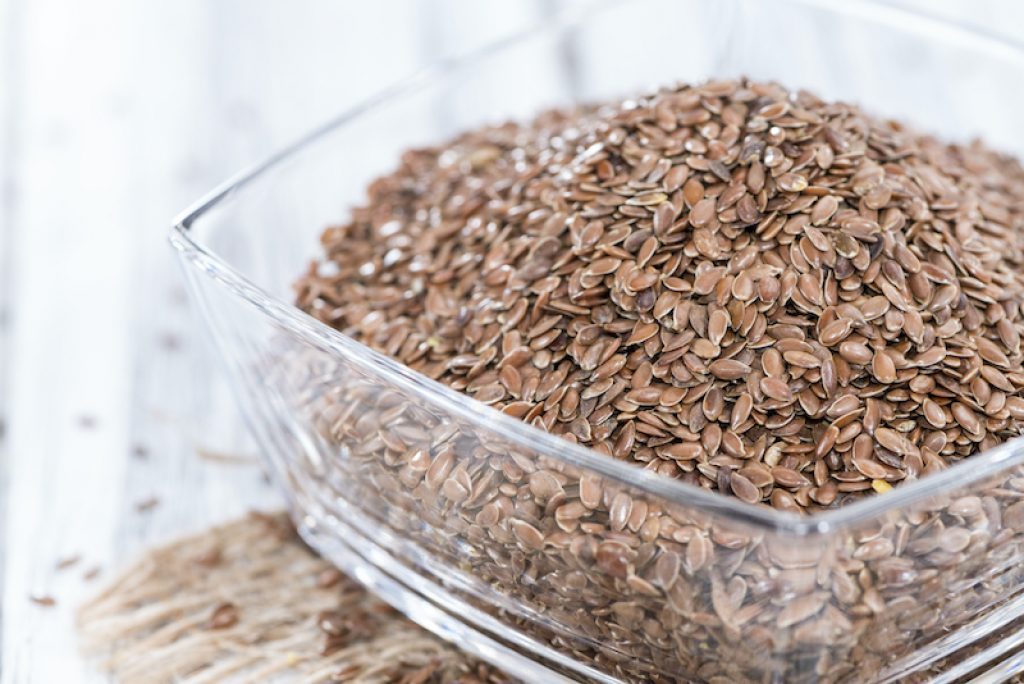
Linseeds also contain a number of different polyphenols, especially lignans. These are incredibly beneficial antioxidants. They can help to lower cholesterol, lower risk factors of heart disease, whilst protecting against ageing and cancer. In fact, one study combined the results of 28 others, finding that consuming linseeds reduced levels of LDL cholesterol (the bad kind) by an incredibly significant amount.
Linseeds have also been proven to help in blood pressure and sugar regulation.
They are also a decent source of protein, with a 30 gram serving containing roughly 6 grams.
Eat them ground up in your morning porridge, as a lovely yoghurt topping, or sprinkled into your favourite home-baked bread recipe.
Chia Seeds
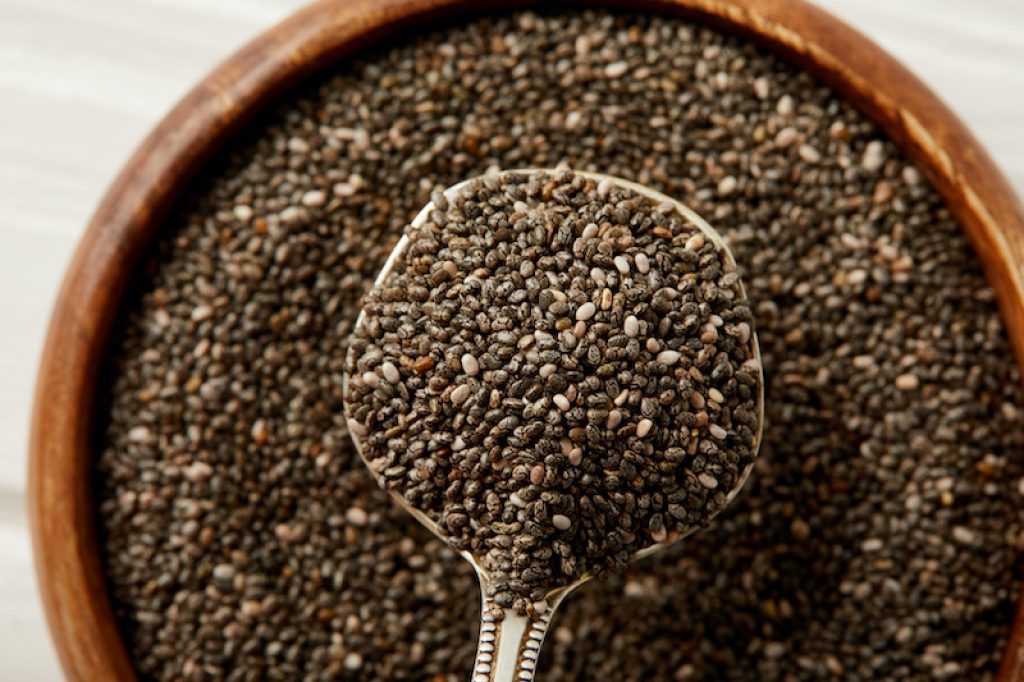
Like linseeds, chia seeds are incredibly good sources of fibre and omega-3 fats, along with an impressive array of additional micronutrients, including thiamine, magnesium, and manganese. Again, as with linseeds, chia seeds contain a number of important antioxidant polyphenols, protecting from ageing and reducing the risk from certain types of cancer.
We mentioned ALA omega-3 fatty acids above. They help to reduce inflammation in the body. Several studies have shown that regular chia seed consumption can lead to increased amounts of ALA in the blood.
They have also been linked to reduced blood sugar and a reduction in appetite and cravings. Eating them ground or whole after a meal should increase satiation, in large part by limiting the effects of insulin.
Chia seeds may also reduce risk factors of heart disease and type 2 diabetes.
Hemp Seeds
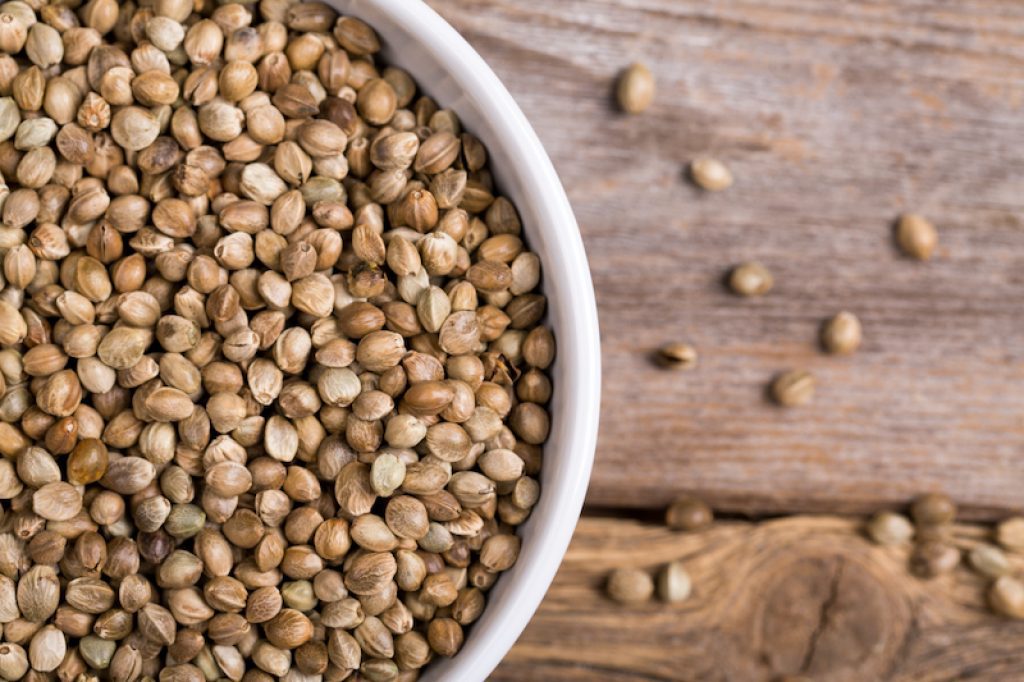
It isn’t just quantity, either. Hemp protein is excellent quality. It is one of the few plant sources you can find that counts as a complete protein source – hemp seeds contain all the essential amino acids that your body can’t make. Plant based diets should therefore feature them as much as possible.
Hemp seeds also contain impressive amounts of magnesium, thiamine, and zinc, making them perfect for maintaining healthy testosterone levels, among other things. Their proportions of omega-6 to omega-3 fatty acids, at 3:1, is also solidly respectable.
Hemp seeds also contain plenty of gamma-linolenic acid, which is a very potent anti-inflammatory fatty acid.
Hemp seeds can be eaten ground, but are also commonly taken as oil supplements. Hemp oil may offer benefits to heart health, largely through its delivery of omega-3 fatty acids. Its anti-inflammatory properties may also reduce symptoms of eczema. Eczema sufferers who took it for 20 weeks experienced less skin dryness and itchiness.
Sesame Seeds
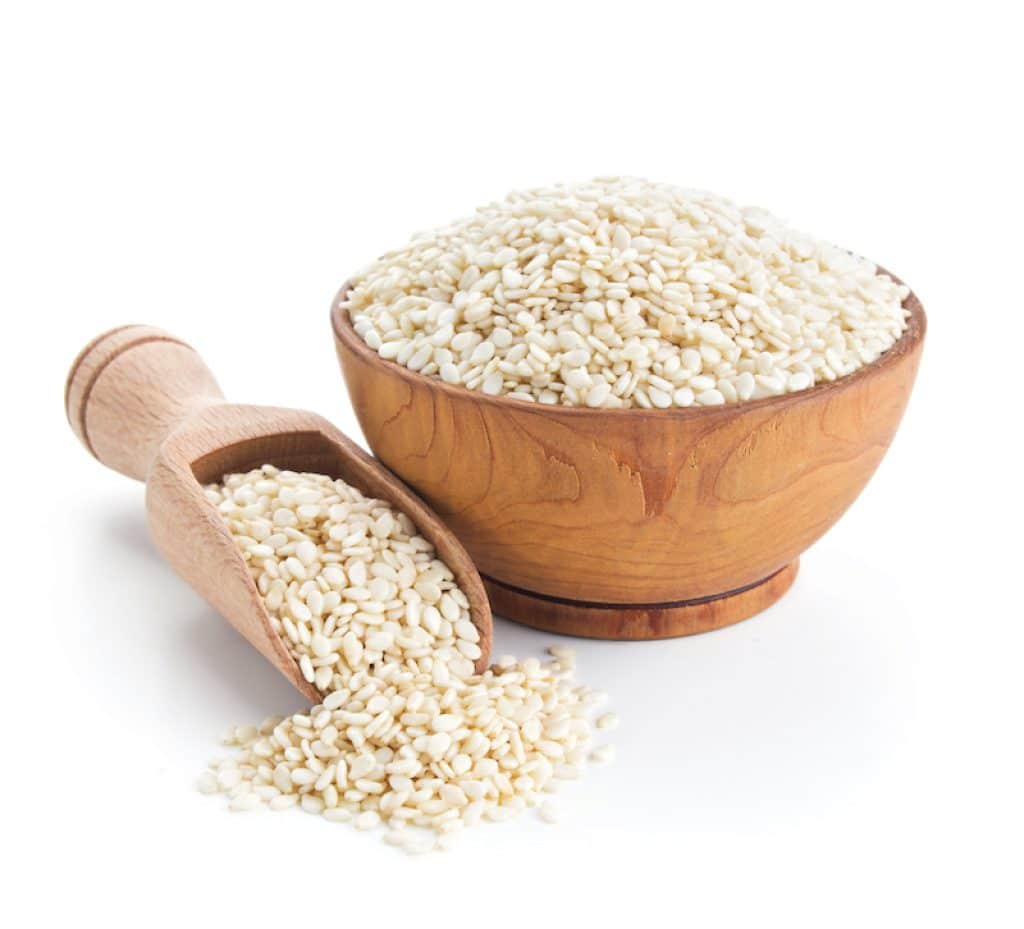
Sesame seeds deliver a lot of lignans. In fact, they are just about the best known dietary source of them, particularly one called sesamin. This sesamin is converted by your gut bacteria into another type of lignan, called enterolactone, which can mimic the sex hormone oestrogen. Low levels of sesamin in the body have been associated with heart disease and breast cancer, and women who eat sesame seeds regularly can significantly lower their blood cholesterol and improve their sex hormone status.
Sesame seeds have also been linked with reduced muscle damage and oxidative stress in athletes, alongside an increase to aerobic capacity. This can follow from eating about 40 grams per day (not for the faint of heart!).
Pumpkin Seeds
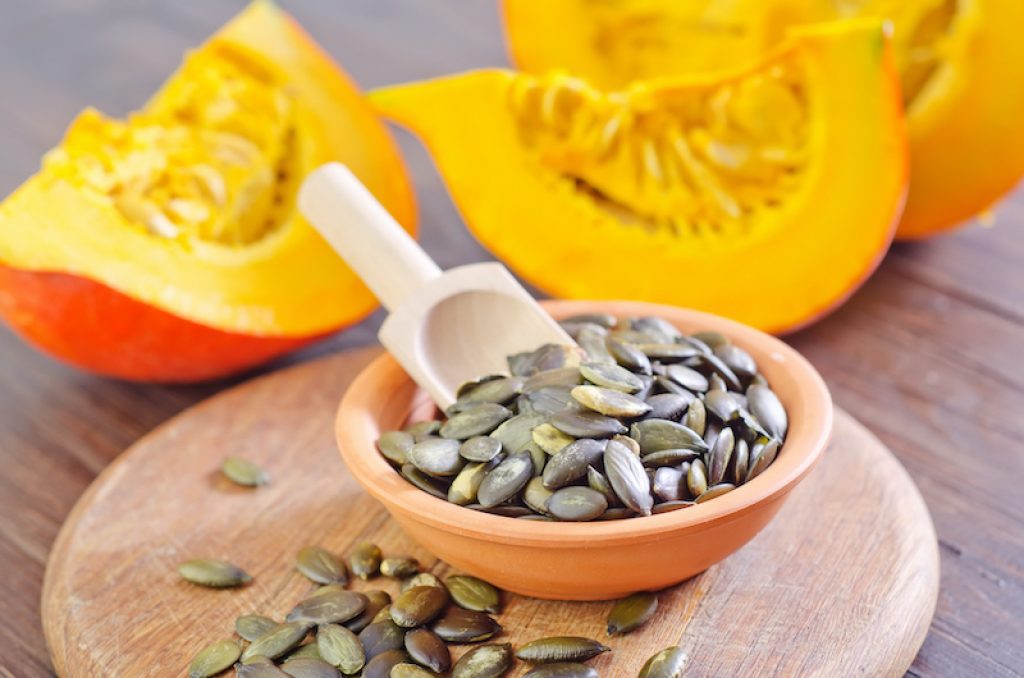
They are a good source of phosphorus, monounsaturated fats and omega-6 fats. They are also particularly high in protein, with eight grams per thirty. However, the main reason I would urge people to include pumpkin seeds in their diets is their phytosterol content. Phytosterols are plant compounds that may help lower blood cholesterol.
Pumpkin seeds deliver a great many benefits due to their nutritional diversity. They have been linked with a decreased risk of developing breast cancer, for example, and to a decreased risk of bladder stones occurring (these are similar to kidney stones, and are formed when certain minerals crystalize inside the bladder. It generally leads to abdominal discomfort).
Pumpkin seed oil has been additionally linked to an improvement in symptoms of prostate and urinary disorders, including a reduction in symptoms of overactive bladder and an improvement in quality of life for men with enlarged prostates.
My Take Home
Seeds are great. Firstly, they are really tasty. Add sesame to Asian dishes, or eat it as tahini, and you can’t go far wrong. Grind linseed or pumpkin seeds into bread and you’ll have a lovely, full-bodied, nutty flavour. Chia seeds boost the flavour of anything you might care to throw in your overnight oats. Use any and all of the above in a yogurt or smoothie to take the flavour to the next level.
Secondly, of course, there are the many health benefits to be gained from eating them. They are fantastic sources of plant-based protein, healthy fats, plenty of fibre, antioxidant polyphenols, and generally plenty of minerals. They have been linked to a reduced risk of plenty of diseases and chronic conditions, from high blood pressure to diabetes, from high cholesterol to certain types of cancer.
All this, packed into such lovely, little parcels. They cannot be overlooked.

